“The good life is one inspired by love and guided by knowledge.”
~ Bertrand Russell
The Quick Answer
- Their healing benefits are the same. However, they work very differently in recipes.
- Gelatin gels, just like its name. So, this is the secret ingredient used to make things like jello, gummy candies, and the gelatin eggs used in AIP baking.
- Collagen powder has been specially formulated to dissolve in liquid. This makes it an ideal supplement, because it’s flavorless and can be added to anything: tea, soup, smoothies, and more.
- Keep reading for all the details.
They’re More Alike Than Unalike
- Collagen and gelatin powders have more in common than not. They’re both made up of collagen and contain all the same amino acids.
- Collagen is the main structural protein in the body. It’s most abundant in skin, tendons, and ligaments, but it’s also an essential building block for the intestinal lining, intervertebral discs, blood vessels, muscles, bones, organs, eyes, hair, teeth, and more.
- Our body produces it naturally, but that production slows down as we age. Collagen also plays a big role in healing, which is one of the reasons it’s recommended on a healing diet.
- How collagen and gelatin supplements are made: Animal hides are cleaned, soaked, and boiled to extract the collagen from the skin (and sometimes bones). What remains is reduced into the powder we know as gelatin. Collagen powder goes through a second step called hydrolysis, which is an enzyme treatment that allows the collagen to dissolve in water without gelling. This step also “pre-digests” the protein, by breaking it down into smaller molecules called peptides.
- Ethics and nutrition: Part of being an ethical omnivore is honoring the sacrifice of the animal by eating the entire animal, nose to tail. In modern life, the most nutritious parts of the animal are the parts often considered “left over” and rarely eaten: the organ meats, and the skin and bones (from which collagen and gelatin are made).
Why They’re Recommended On a Healing Diet
- As I mentioned above, collagen is a primary building block for all the structures of our body. Supplementation helps support healthy skin, nails, hair, bones, joints, teeth, organ function, eyesight, and perhaps most important of all: gut health.
- Collagen and gelatin help heal leaky gut. Leaky gut is linked with autoimmune disease, and it’s a condition that allows molecules to slip into our bloodstream that shouldn’t. This increases the autoimmune response and ramps up inflammation bodywide. The cells of our intestinal lining use gelatin and collagen to repair and regenerate. This helps seal leaky gut, and in so doing, improves not only gut health but autoimmune health at the same time.
- Collagen and gelatin contain the magic of proline and glycine. These are considered “conditionally essential” amino acids. This means that our body makes them, but during times of illness and stress we need more than our body can make. Autoimmune disease is a perfect example. Not only do proline and glycine provide building blocks for all the connective tissues mentioned above, they also play an important role in brain function, heart health, blood sugar regulation, detoxification, digestion, and wound repair. Most cuts of meat and seafood only contain very small amounts. Collagen and gelatin are the richest source.
Are Collagen and Gelatin Powders Complete Proteins?
- No. They’re not equivalent to a serving of meat or seafood. A complete protein is comprised of the 9 essential amino acids that our body cannot synthesize on its own and therefore must get through diet. Meat and seafood contain all nine of these, whereas collagen and protein powders are missing some.
- However, they contain nutrition that other forms of meat and seafood don’t. As I mentioned above, collagen and gelatin are rich sources of proline and glycine. Not only do they have healing properties themselves, but our bodies function best when our amino acids are in balance. For example, most cuts of meat are rich in methionine. It’s an essential amino acid that our body needs, but when we have too much methionine and not enough glycine, this can lead to health problems. Eating the whole animal isn’t just good for the animal and the environment, it’s also what’s best for us.
How Do They Differ From Bone Broth?
- Bone broth is a whole food that contains collagen and gelatin in varying amounts, depending on the bones used. For example, marrow bone broth will have low amounts (but still be high in other nutrients), whereas bone broth made with oxtail or chicken feet will have high amounts. This is because there is more collagen and gelatin found in skin and cartilage than there is in hard bone. Because bone broth is a whole food, it also contains many other healing ingredients beyond collagen and gelatin, such as bone marrow, hyaluronic acid, chondroitin sulfate, calcium, phosphorus, magnesium, and potassium, to name a few. There’s a reason we crave broth when we’re sick. It’s a food that naturally contains a diverse array of nutrients.
- Collagen and gelatin powders are a concentrated supply of a specific healing ingredient. I don’t see them as a replacement for bone broth, but rather an addition. In fact, some people add a little gelatin powder to their bone broth to increase the ratio of that nutrient if they’re cooking with hard bones. So, continue to make bone broth a foundation of your healing diet, but if you would like to try supplementing with additional gelatin and/or collagen, pay attention and see if you notice improvements.
High-Quality Brands
Knox is the original gelatin, and it’s the one my mother used when I was growing up. But Knox is made from conventionally raised pigs and might have traces of unhealthy ingredients mixed in with the healthy ones. Since this is a health supplement, I recommend seeking out products made from 100% grass-fed animals instead. My favorite brand is Great Lakes Their kosher line is made from 100% grass-fed beef in Argentina and Brazil. They follow animal welfare guidelines, and they use third-party testing to ensure their products are free of contaminants. The only caution is that Great Lakes does sell a conventional pork gelatin that I don’t recommend. They also have flavored varieties that I don’t recommend because they contain too many extra ingredients. The links below are to their unflavored, grass-fed, pure kosher line.
Update 2021: I used to recommend two companies: Great Lakes and Vital Proteins. However, Vital Proteins was purchased by Nestle and their formulation changed. They added some ingredients that they believe are synergistic to collagen, but they come from sources that are common food allergens/intolerances: vitamin C (from corn) and hyaluronic acid (source undisclosed and wheat is a possibility). Therefore, I no longer recommend Vital Proteins. Great lakes is my only recommendation.
5 Paleo AIP Collagen Recipes
- Berry Green Avocado Smoothie from Phoenix Helix
- Plantain Collagen Protein Pancakes from Lichen Paleo Loving AIP
- Carrot Cake Bites from It’s All About AIP
- Salted Caramel Pumpkin Spice Collagen Balls from Lichen Paleo Loving AIP
- Collagen Protein Cookies from Unbound Wellness
5 Paleo AIP Gelatin Recipes
- Gelatin Egg from Allianna’s Kitchen
- Juice Jello by Phoenix Helix
- Apple Cinnamon Gummy Candies by Phoenix Helix
- Plantain Flatbread from Zesty Paleo
- Instant Pot Meatballs from The Castaway Kitchen
Disclaimer
There’s always a disclaimer in place on this website, but when an article mentions medications or supplements, I feel it needs repeating. I am neither a doctor nor a nutritionist, so this article isn’t a substitute for medical advice. I’m simply a woman trying to maximize her own health and sharing what I learn along the way. When it comes to health troubleshooting, always work with a professional. You can find a list of practitioner directories here.
You May Also Be Interested In

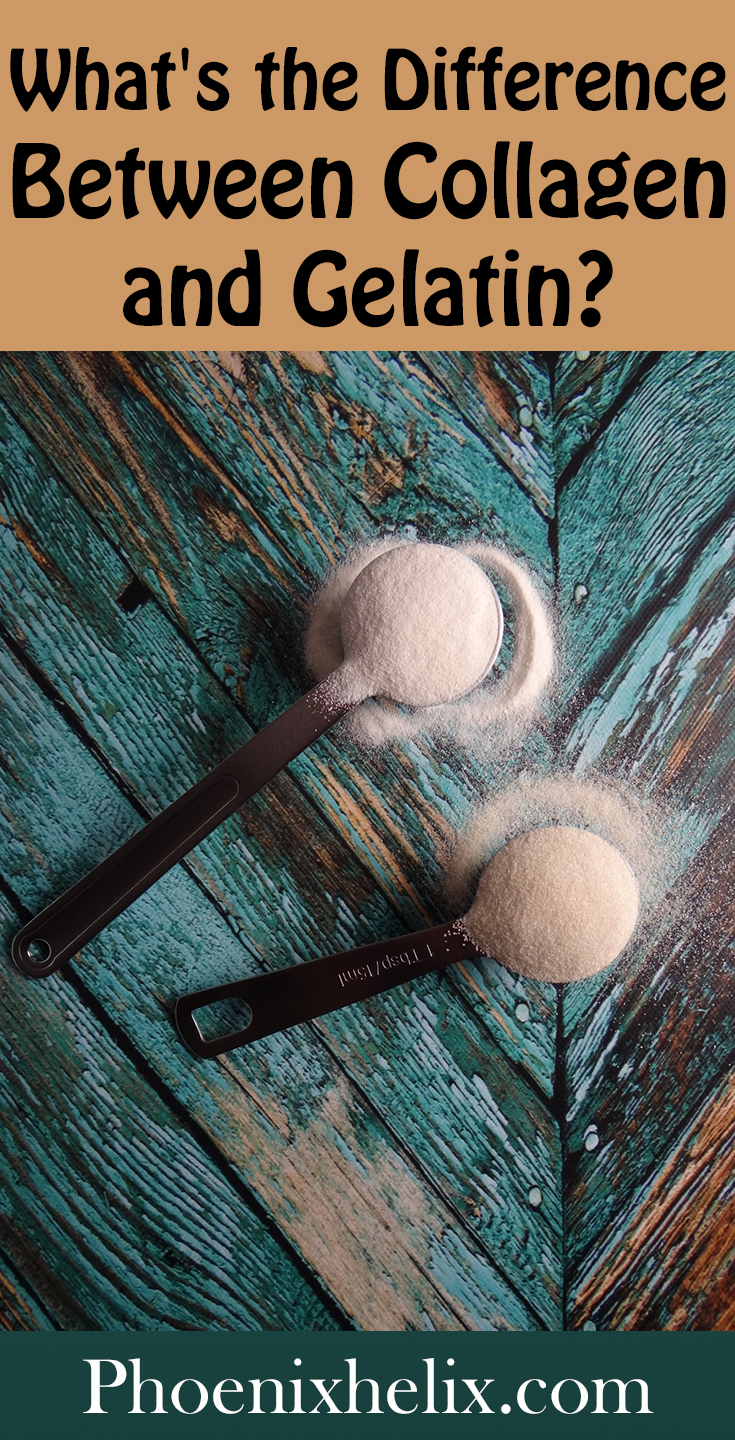

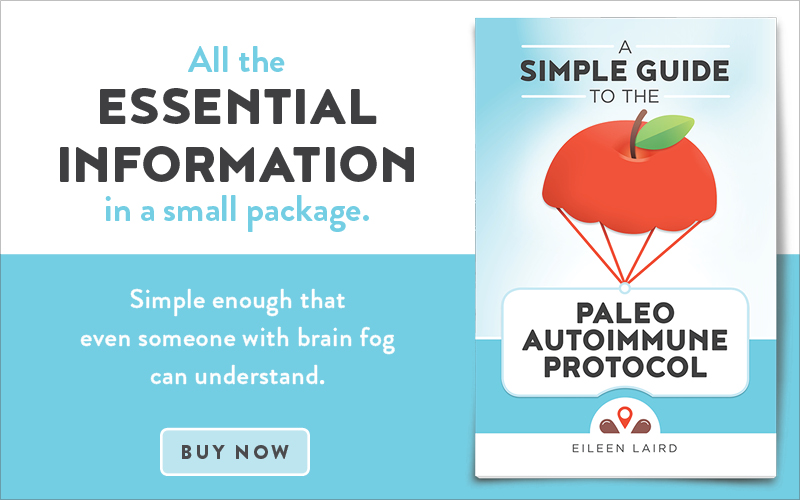
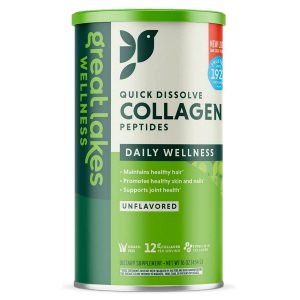
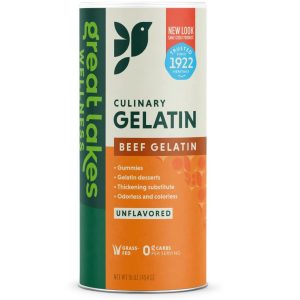
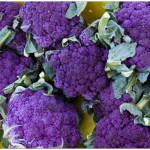
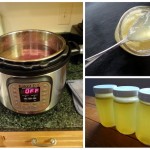
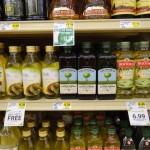

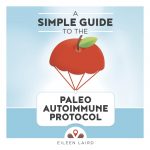


I wonder if there is actual clear evidence that people who eat nose to tail including a variety of broth, really need more collagen or whether this is a gimmick product I see all over the place. Noting these products are made in Brazil I also wonder if the fires in Brazil that were (set intentionally by farmers) are largely due to novel and sudden demands made by fads foods. Our meats like our produce should ideally be local and any time I see deviation from that with fad products I like to know there is hard science behind it.
Hi Numanuma. I believe in whole foods first also. Eating nose-to-tail including bone broth will definitely give you more collagen and gelatin than exists in most people’s diets. Not only that, in addition to collagen, you get many other nutrients as well. When it comes to supplements (like these), I recommend self-experimentation. It sounds like you don’t feel you need it, which is fine. Some people have found dramatic improvements by adding these powders. My guess is their bodies are collagen-deficient, sometimes due to a less diverse diet, and sometimes due to other factors. We’re all unique in our health vulnerabilities. Some of us produce less collagen naturally than others, and age and health both play a role in that production. I’m glad these powders are available for the healing diet community, but that doesn’t mean everyone benefits from them. Thanks for sharing your perspective. Wishing you wellness in every way.
Hi Eilieen, I love your site. I wonder how do people identify a collagen deficiency or poor absorbtion. Are you seeing anecdotal testimony that it is really helping people who understand proper eliminations and reintros?
Yes, that’s exactly right. I’ve asked colleagues as well as members of my online community to share their experiences with me. Results definitely vary. Most people give it a month trial and see how their body responds. Some notice no difference, so they stop taking it, while others notice clear improvements in their health and it becomes one of their favorite supplements.
What About marine Collagen, I know that there is the danger of heavy metals, but besides that are they as good as the bovine? Do you know any companies you could reccomend? Thank you
Hi Joanna. I did a little research. Bovine has two types of collagen 1 & 3, whereas marine only has type 1. So, there might be some difference in benefit, but 1 is used abundantly throughout the body, so it should still be quite beneficial. Like all collagen supplements, quality varies greatly. Vital proteins does sell a high-quality marine collagen. They are currently transitioning from red snapper to whitefish as their source of the collagen, and whitefish is lower in mercury. However, it’s my understanding that most mercury is stored in the fat, not the collagen, so when collagen gets extracted, the mercury is eliminated during that process. Vital Proteins also does 3rd party testing to make sure their powders are free from impurities. You can buy it through Amazon: https://amzn.to/2DksP4T
Thanks for this post, I had always wondered the about the difference! I tried collagen but I am super sensitive to glutamates and it didn’t work for me. Would gelatin likely cause the same reaction?
Since they are made from the same ingredients, I would think your response would be the same.